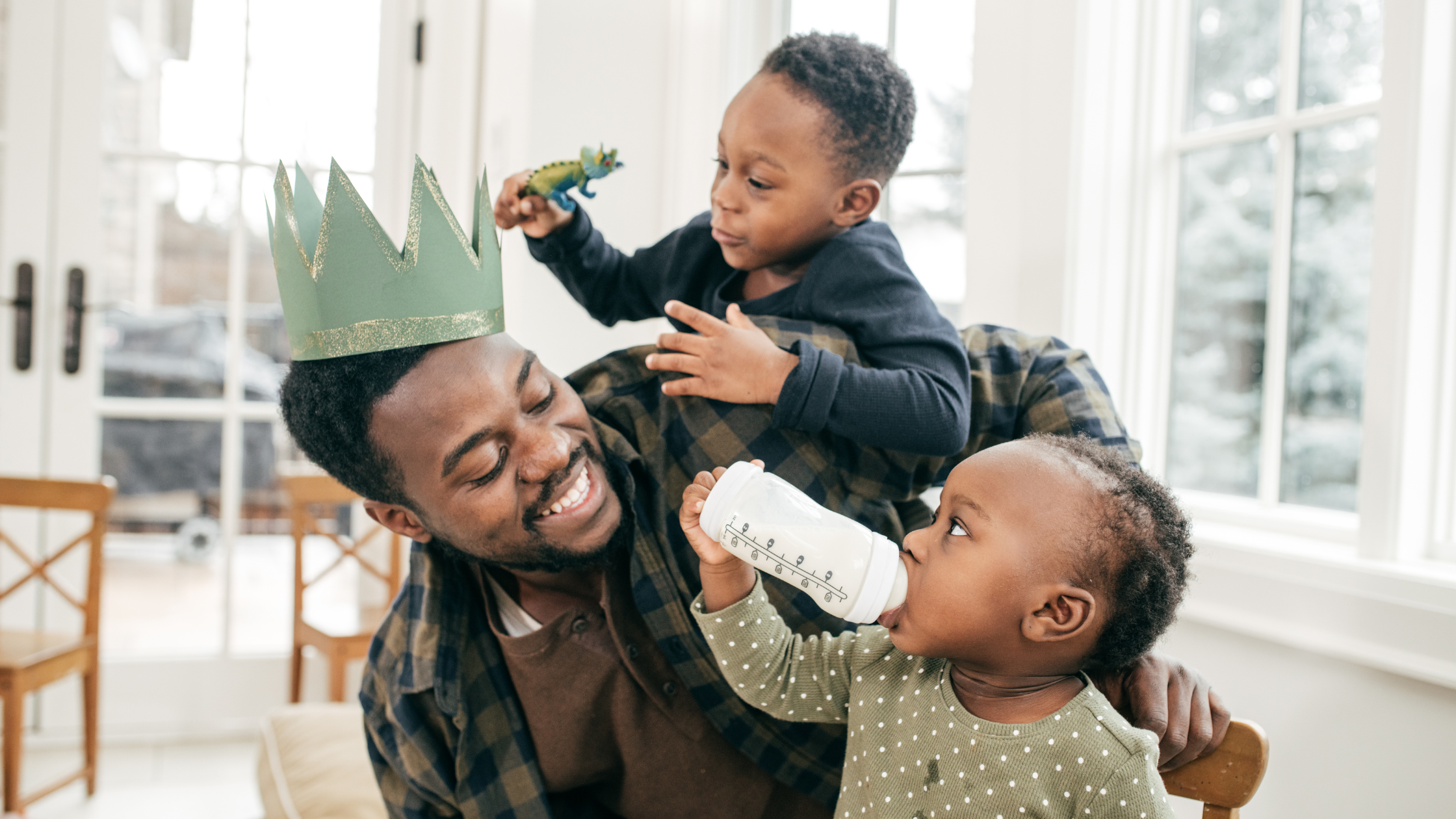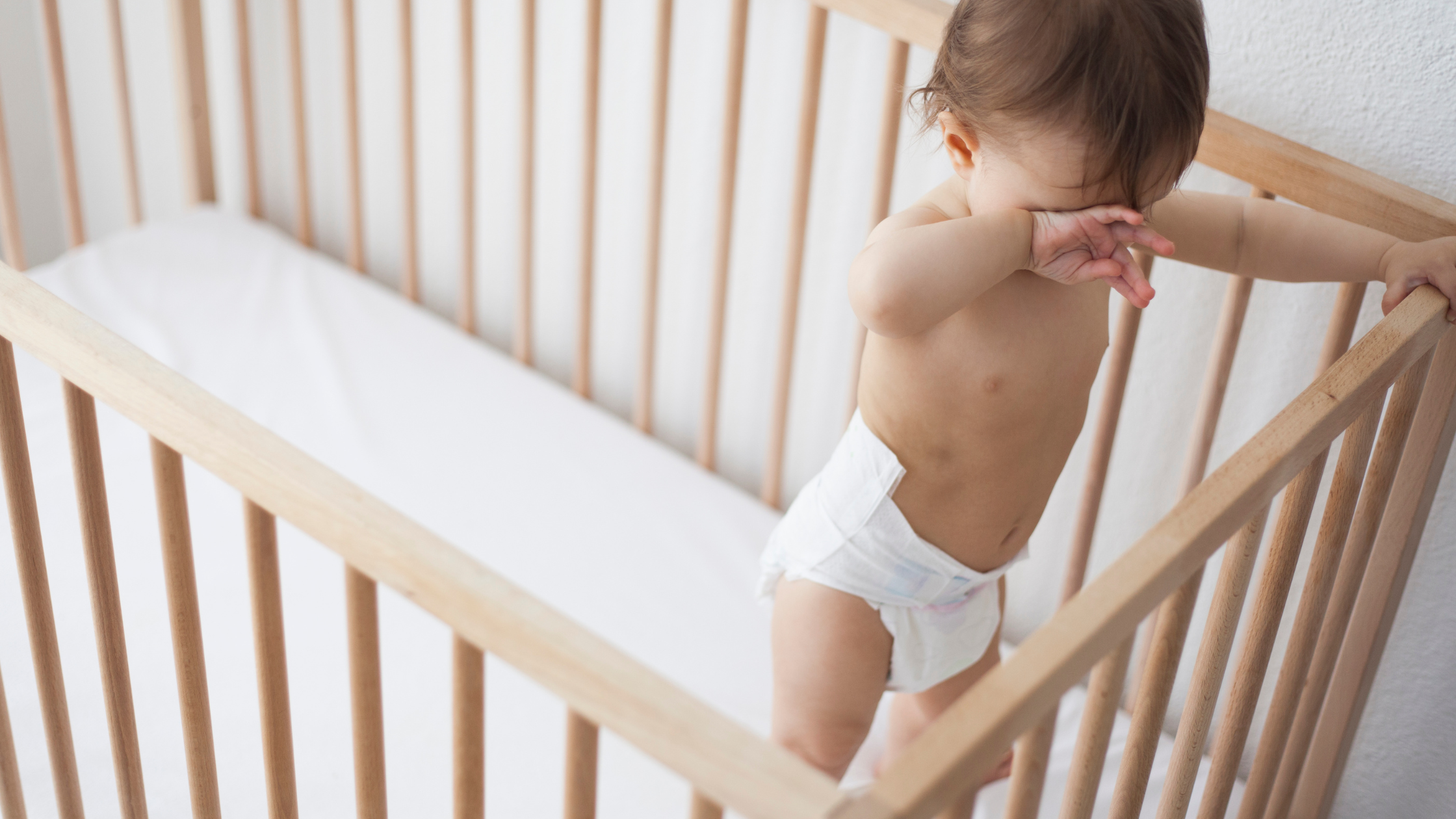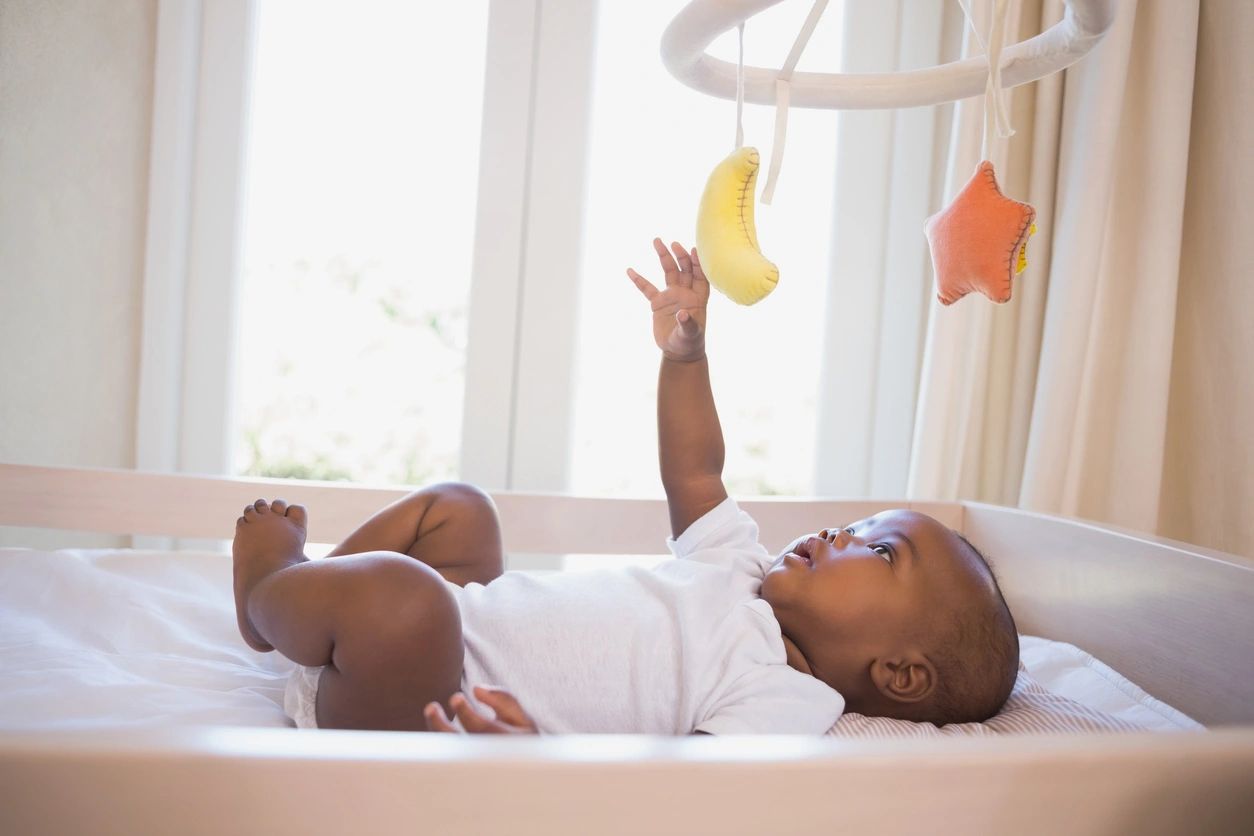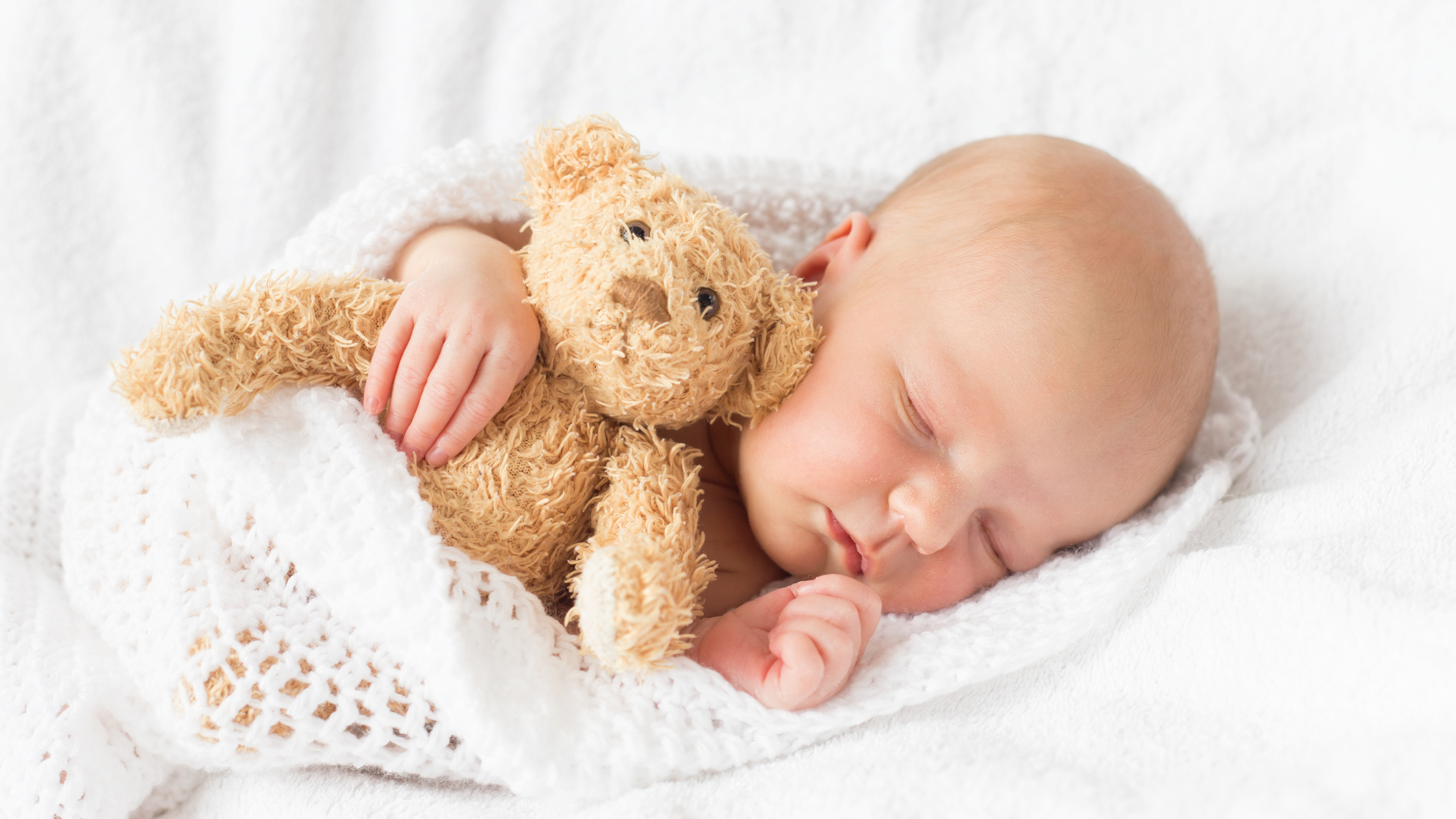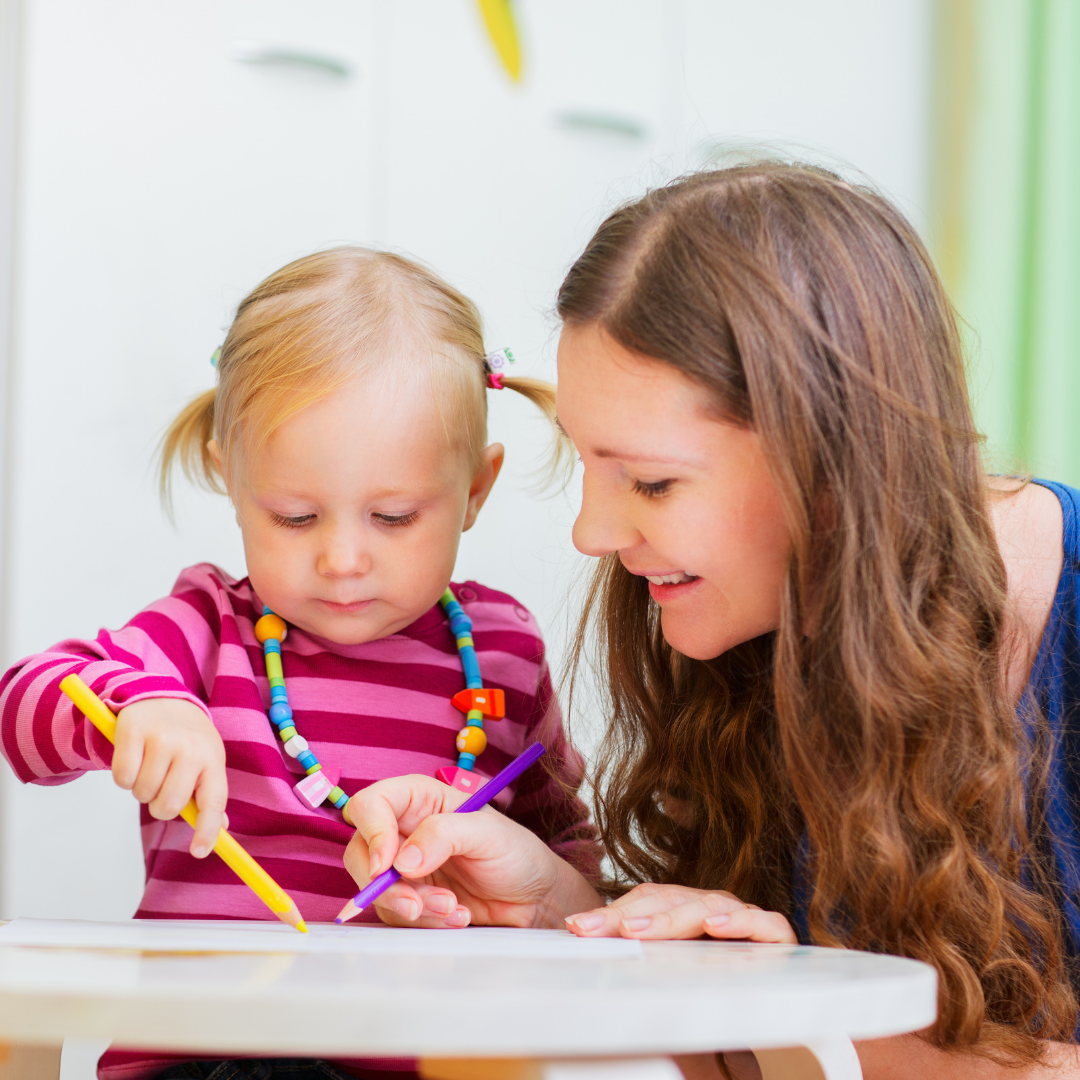Why is the parent-child bond so important?
Humans are one of the few species where babies are completely dependent on adults to survive. Unlike giraffes, who give birth to little ones that can walk right away, human babies need a lot of care to grow and thrive. When you bring a baby into the family, the focus is often on their physical development—are they eating enough, growing on schedule, hitting those milestones? But honestly, the early days are just as important for their emotional development, too.
Children thrive when they feel safe, loved, secure and nurtured. So parents need to lay the groundwork early on. For some parents (mom or dad) bonding with their child comes naturally, for others, it doesn’t.
Research shows over and over again how important a father’s bond and involvement are for a child’s development. When dads are distant or uninvolved, kids tend to struggle more—they’re more likely to have social challenges, lower intellectual performance and even poorer mental health. It can also lead to more externalizing behaviors, like aggression. In this article, we are going to focus on how dads can build and then improve their bond with their baby, whether or not it is instinctive.
When and how can dads start bonding with their baby?
It is common that dads feel they are behind in the bonding department because they didn’t experience the pregnancy and they won’t get to breastfeed. However, it is possible to start the bonding before the baby is born. Research shows that babies can recognize sounds and voices they heard while in the womb, so make it a priority to spend time with the developing fetus, especially as of week 27-29 when the baby can start hearing sounds from the outside world.
Kangaroo care, or skin-to-skin contact between a newborn baby and their parents (both mom and dad) has been proven to have many benefits. Not only does it provide physical positive effects for the baby (stabilizing vital signs like heart rate and breathing) but it can also improve the bonding between the parent and the baby. Specifically, kangaroo care can increase father-child attachment leading to increased feelings of patience, tolerance, love and pride from the dads.
Infant massage can be a beneficial tool to improve parent-child attachment. It involves taking a few moments to sit with your baby, massage them gently while talking or singing to them. It’s important to carve out time in your busy schedule to connect with your baby as it can also increase feelings of competence and role acceptance.
Final thoughts
The early days of parenthood lay the groundwork for a child’s lifelong emotional health. By taking proactive steps like engaging with the baby during pregnancy, practicing skin-to-skin contact, and spending quality time with the baby through activities like massage, dads can create a lasting bond that benefits both parent and child.
Remember, every interaction—no matter how small—helps nurture a secure, loving relationship that will shape your baby’s development for years to come.
This article was written in collaboration with the Da Costa Lab that researches parents’ well-being during the transition to parenthood.
Q&A with expert Dr Deborah Da Costa:
Curious Neuron: Dr. Da Costa, are there specific activities or techniques that are particularly effective in fostering father-child bonding?
Dr. Da Costa: Engaging in sensory activities with your child can be particularly effective in fostering the father child bond. Skin-to skin contact and gently massaging your baby as we mentioned in the article are 2 such activities. Taking part in your baby’s bath time which involves eye contact, touch and playful activities can also help to foster the bond. Getting into a routine with your baby such as singing a song or reading a book to your baby at bedtime can also give your child a sense of stability of your presence and strengthen the bond. In essence, getting into the routine of spending one-on-one time with your baby and engaging in sensory activities involving touch, eye contact and talk can help increase the father-child bond.
Curious Neuron: Is bonding the same as attachment?
Dr. Da Costa: While they are often used interchangeably bonding and attachment are distinct concepts.
Bonding is the binding love that a parent may feel for their infant, beginning even before the child is born. The process of bonding refers to the intense emotional connection that the parent feels for the baby. Some parents feel this straight away and others take time to get to know their baby.
Attachment refers to the enduring ‘tie’ of affection that the baby develops towards their main caregivers, usually their parents. The bond between parent and infant nurtures a secure and healthy attachment. This secure attachment will become the foundation for all future relationships in your child’s life, and is arguably the most important factor in their future successes.
Curious Neuron: If a father did not do the above-mentioned activities to bond with their child when they were an infant, is it too late if the child is older now?
Dr. Da Costa: A strong father-child bond can still develop when the child is older. What is key is to consistently spend quality time with your child and partake in experiences together that both you and your child enjoy to help foster a connection. This can include playing games together, reading and finding a hobby that you both enjoy. Be patient and remember that building a strong bond will take time, effort, and consistency, no matter when you start.
Meet the expert Dr. Deborah Da Costa:
Deborah Da Costa is a psychologist specializing in stress-management and coping with chronic illnesses. She is also a Medical Scientist at the Division of Clinical Epidemiology at the McGill University Health Centre and an Associate Professor in the Department of Medicine at McGill University. Her research is primarily focused on tailoring and evaluating the efficacy of non-medical interventions (e.g. exercise programs, stress-management) to improve the physical and mental well-being of patients living with chronic illnesses. Dr. Da Costa received her Ph.D. in Psychology from Concordia University and completed her post-doctoral training at McGill University. She currently holds a career award from les Fonds de la Recherche en santé.

